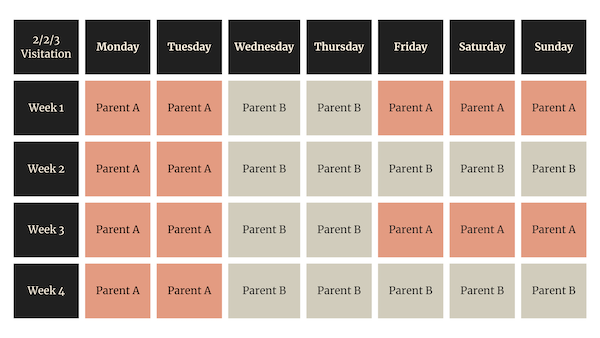Understanding Postnuptial Agreements
Postnuptial agreements, or postnups, are legal tools that couples use after they are married to create transparency in their financial arrangements and safeguard their futures. As a divorce attorney, I’ve seen postnuptial agreements play a pivotal role in both rebuilding trust in marriages and setting the stage for fair separations. If you are considering divorce, facing marital challenges, or have had significant changes in your financial picture since getting married, a postnup might be an option. Here are five key questions to explore:
- What is a postnup?
- Why should I consider a postnup?
- What is the process for creating a postnup?
- Do postnups predict divorce?
- Can I modify my postnup once I agree?

What Is a Postnup?
A postnup is a contract created by spouses after you are married. Unlike a prenuptial agreement, which is signed before marriage, a postnup is often used to address issues that arise later in the relationship. It defines items like property division, alimony, and attorney’s fees, providing clarity and certainty in the event of a future divorce. While most of the big topics are covered, you cannot include child support and custody in a postnup. Those are determined based on the needs of the children at the time of divorce.
Why Should I Consider a Postnup?
Couples often turn to postnups in response to marital issues or significant financial changes as a way to rebuild trust, address financial uncertainty, or manage new financial realities.
- Rebuilding Trust: If your spouse messes up, such as through infidelity or financial misconduct, they may offer to enter into a postnuptial agreement as a way to regain trust. In doing so, they show you that they are committed to the marriage. If they mess up again, you know what you’re going to get. In these situations, a postnup can help restore security and demonstrate commitment to the relationship.
- Addressing Financial Uncertainty: If you’re unsure about the full scope of your marital finances, a postnup is a good way to learn that information. Both parties are required to disclose all assets, income, and debts during the process. This transparency is crucial if your spouse has historically handled all the finances or if you suspect hidden accounts. As information is disclosed, you will hopefully start to regain some trust.
- Practical Timing: Sometimes, postnups are just practical. If you want to get a prenup and run out of time before your wedding, you can create your postnup right after you are married. The process in these cases is more like a prenup, but with a different title because you are making the agreement after you are married.
Managing New Financial Realities: Significant financial changes may prompt the need for a postnup. For example, if one spouse has successfully started a business, come into a large inheritance, or experienced substantial career growth, you may want to amend an existing prenup by replacing it with a postnup to address the new change in circumstances. If you don’t have a prenup in place, you may want to consider a postnup at that point to define how these assets would be treated in a divorce.
What is the Process for Creating a Postnup?
Creating a postnup involves several key steps:
- Financial Disclosure: You and your spouse must fully disclose your financial situation. This step often takes the most time but is essential for fairness and enforceability.
- Negotiating Terms: You and your spouse will negotiate and agree on terms for the postnup. The agreements usually cover property division, alimony, and attorney’s fees.
- Finalizing the Agreement: Once both parties agree on the terms, the postnup is signed and becomes legally binding. With the postnup in place, you have some certainty if you do get divorced in the future.
Do Postnups Predict Divorce?
In my experience, about half of the couples I’ve worked with who create postnups eventually proceed with a divorce. For the other half, the process strengthens their marriage. A postnup often symbolizes a renewed commitment to transparency and fairness, providing a solid foundation for moving forward together.
Can I Modify My Postnup Once I Agree?
If you already have a prenuptial agreement, a postnup can modify or supersede it to reflect new circumstances. There’s no limit to how many times a postnup can be updated, as long as both parties agree.
Final Word
Postnuptial agreements are more than just legal documents—they’re a way to bring transparency and security into your marriage, address challenges, and adapt to changes in your financial picture. If you’re considering divorce but are open to exploring options to address marital challenges, a postnup could be a practical solution that helps rebuild trust and strengthen your relationship. It also offers clarity, reduces conflict, and ensures that you are protected in case the marriage ends. If you think a postnup might be right for your situation, an experienced lawyer can help you navigate the process and tailor an agreement to meet your unique needs.



























































